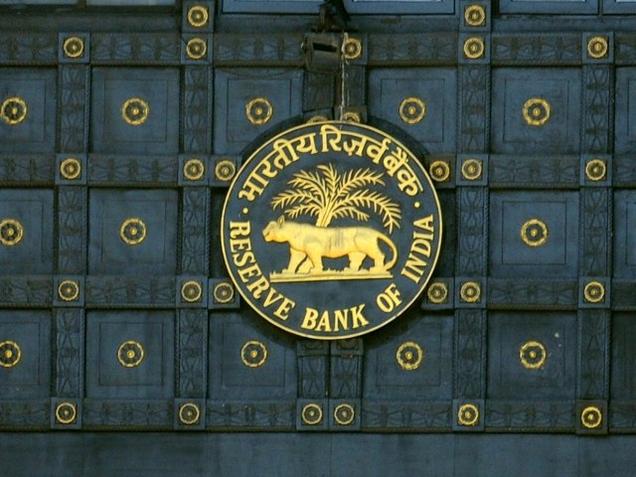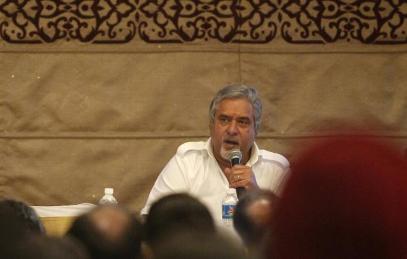If you haven’t complied with KYC requirements attached to your bank account, your bank may have just suffered the consequences. In a serious move, the Reserve Bank of India (RBI) has cracked the whip on some of the top banks of the country for failing the Know Your Customer (KYC) norms issued under Foreign Exchange Management Act (FEMA).
Both, private and public banks were not spared the monetary fine and were officially penalised by India’s apex banking authority. This is the list of banks involved and the amount being charged:
- Bank of Baroda – 5 crores
- Punjab National Bank – 3 crores
- Syndicate Bank – 3 crores
- UCO Bank – 2 crores
- HDFC Bank – 2 crores
- Allahabad Bank – 2 crores
- Canara Bank – 2 crores
- IndusInd Bank – 2 crores
- SBBJ – 2 crores
- Bank of India – 1 crore
- Corporation Bank – 1 crore
- RBL Bank – 1 crore
- SBM – 1 crore
A number of banks also received a warning from RBI, though they weren’t charged a fine for failing norms. RBI said they were “advised to put in place appropriate measures and review them from time to time to ensure strict compliance with KYC requirements and FEMA provisions on an ongoing basis”.
RBI further added: “In respect of eight other banks…based on written and oral submissions, it was decided to advise them to put in place appropriate measures and review the same from time to time to ensure strict adherence to KYC/AML requirements as well as FEMA provisions on an ongoing basis”.
The banks under this scrutiny include the following:
- Axis Bank
- Federal Bank
- ICICI Bank
- Kotak Mahindra Bank
- OBC
- Standard Chartered Bank
- SBI
- Union Bank of India
The crackdown comes on the brink of RBI discovering discrepancies in following procedures to open accounts, especially rules and regulations set down by FEMA. The guidelines on which the apex bank put up an inquiry on these 21 banks, and why they decided to fine some while issuing a show cause notice for the others, is based on the degree to which each bank failed to follow procedures, including management oversight, violation of certain regulations and various internal controlling systems.




